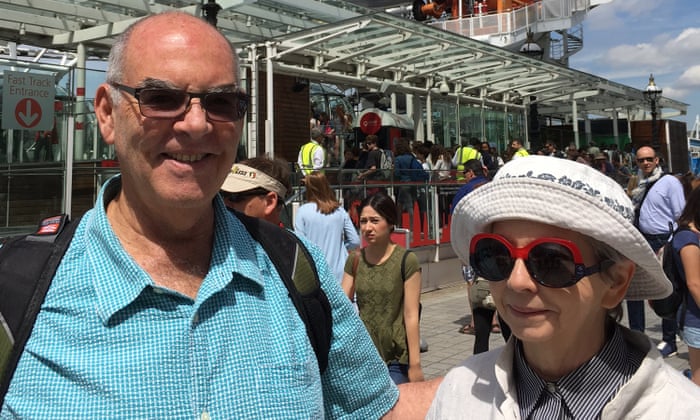Fewer British people especially young families came to London but there was a huge footfall from the overseas visitors said tourism experts.
Four terror attacks took place in the UK, three took place in the capital that killed more than 30 people.
According to Bernard Donoghue, director of the Association of Leading Visitor Attractions (Alva), between May and the second week of September compared with 2016, the Central London attractions saw a fall in number of around 17% on an average.
Donoghue said that young families were the largest group to avoid the capital’s zone one. Specially parents under 35 with kids aged around seven reacted significantly to the attacks.
This was their first experience of domestic terror, while some of us who are older may take it in our stride and keep calm and carry on. Most of them were not brought up in the shadow of the UK and the IRA.
People went to places like Bath, Bristol, Oxford, instead.
He further added that 2017 has been a record year to date for visitors to the UK in general and London in particular. It is expected that the growth will continue for 2018.
30.2 million visits to the UK from overseas in the first nine months of the year was recorded.
The latest VisitBritain figures revealed that it was up by 7% on the same period in 2016 and is projected to reach 39.9 million by the end of 2017.
Donoghue said that the way British emergency services dealt with the attacks, a lack of hysterical press reporting, and the draw of the weak pound there was still a rise in the visitors from the US by 14%.
Alva research showed the public found safety barriers, bollards and bag searches at popular spots “really reassuring” , however it was not the same five years ago.
Tom Jenkins, chief executive of the European Tourism Association (Etoa) stated that the public were rationalising the spate of attacks, realising they could happen anywhere.
Terror had been a major sensational disruption to the travel industry. The early 1980s and 1990s saw mass cancellations, a real failure of nerve on an epic scale added Jenkins.
There is a gradual reduction in public concern, and a concomitant raising of government concern.
The administrations are engaged in ostentatious closing of doors in the aftermath of attacks.
